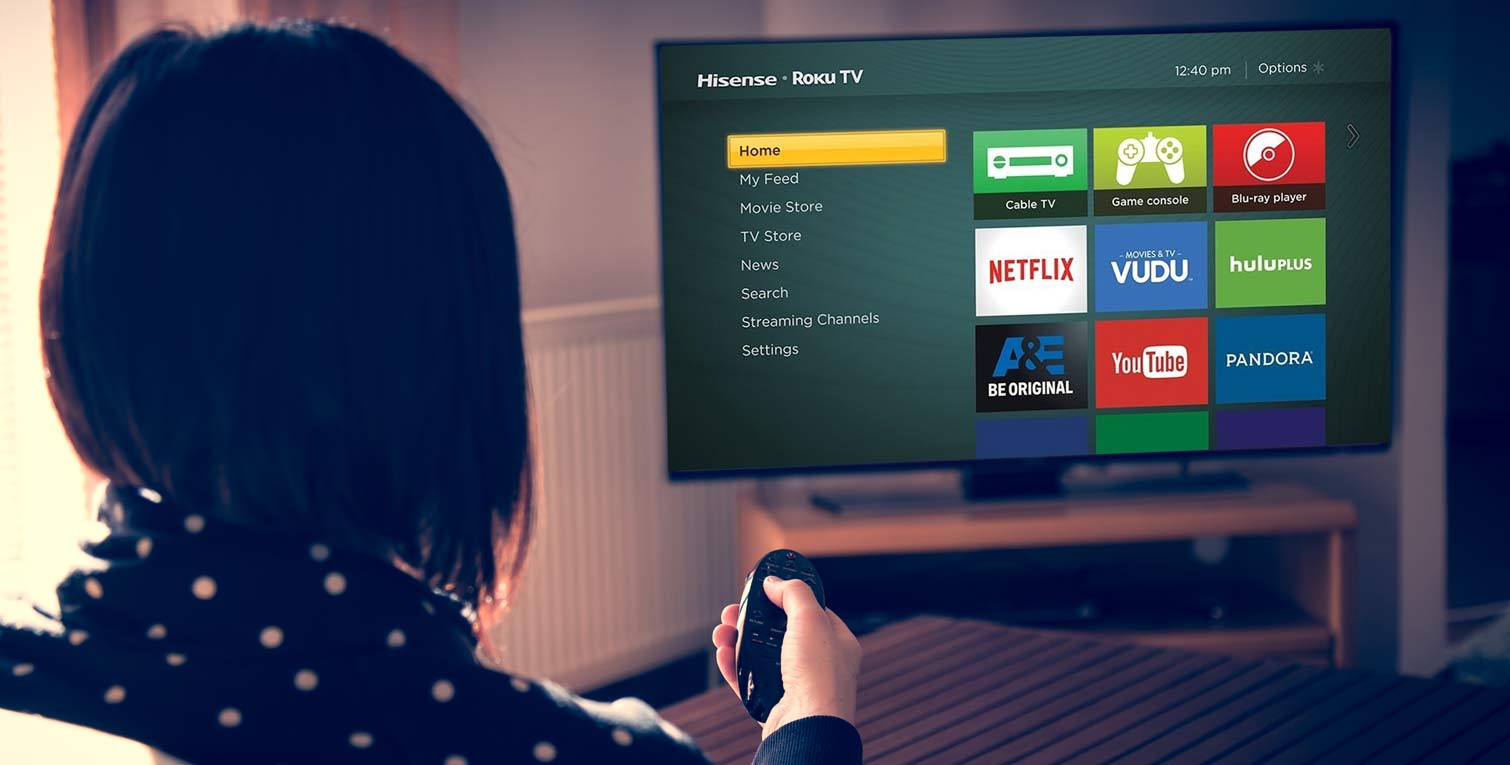1. Introduction
Welcome to the world of smart TVs, where entertainment meets technology in the comfort of your own home! With advancements in television technology, the traditional television has undergone a drastic transformation, encompassing a plethora of features that were previously unheard of. Gone are the days when TVs were only meant for watching cable or satellite channels – now they have become a gateway to a whole new universe of content and connectivity.
But with so many options available in the market, choosing the right smart TV can be an overwhelming task. There are various brands, sizes, and specifications to consider, making the decision-making process seem like an intricate maze. Fret not! In this comprehensive guide, we will break down the essential aspects to consider when selecting a smart TV. From the definition and background of smart TVs to the significance they hold in our lives, we will equip you with the knowledge needed to find the perfect companion for your entertainment needs.
[amazon bestseller=”Smart TV” items=”10″]
2. Definition and Background of Smart TVs
What is a Smart TV?
A smart TV, also known as a connected TV or hybrid TV, is a television set integrated with internet capabilities, allowing users to access a wide array of online content and services. This advanced technology enables users to stream content from popular platforms like Netflix, Hulu, and YouTube, browse the web, and even download and utilize various applications. Essentially, a smart TV is like having a computer integrated into your television, offering a seamless and interactive viewing experience.
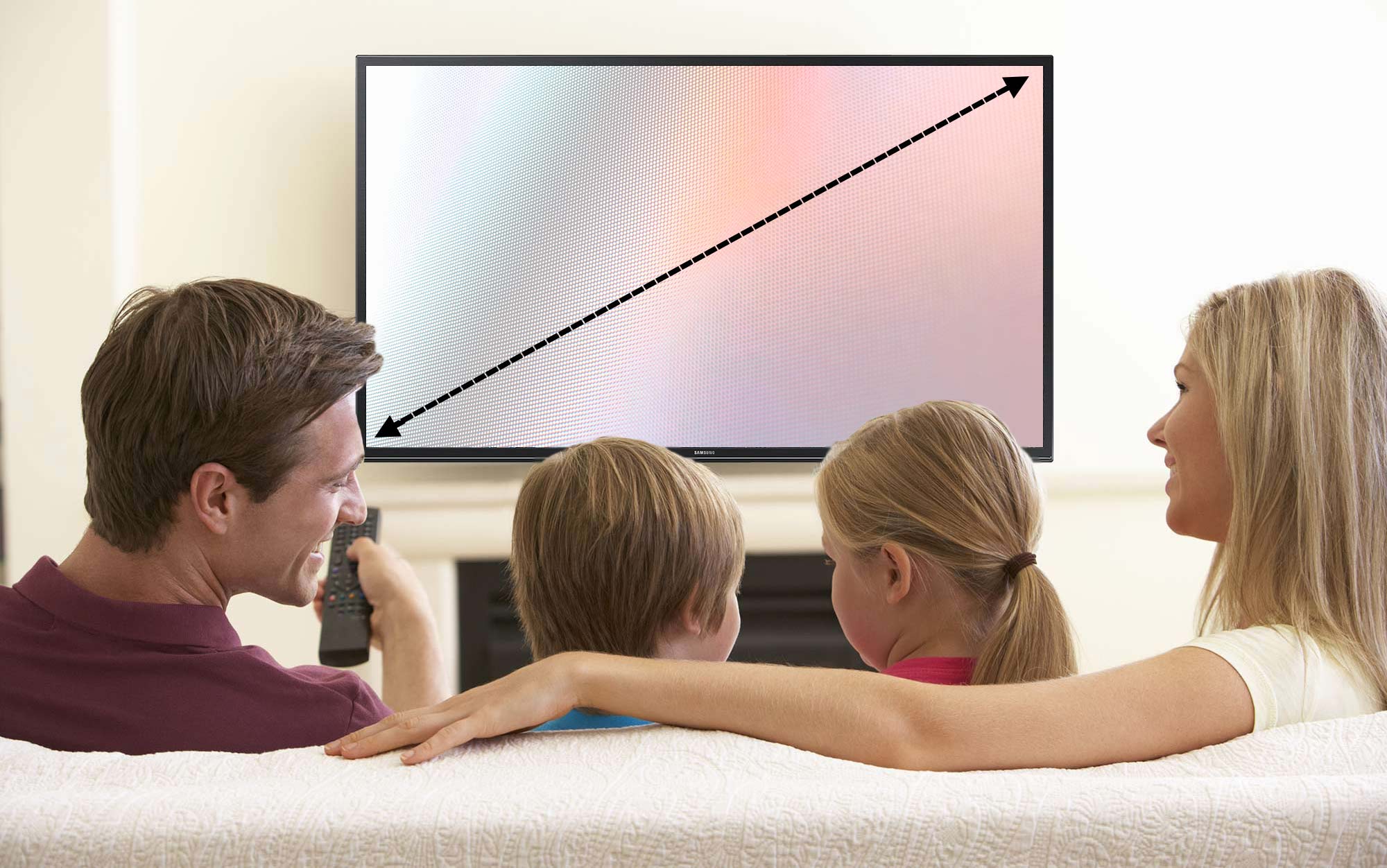
The Evolution of Smart TVs
The concept of smart TVs evolved as a result of the convergence of traditional television technology with internet connectivity. In the past, televisions served as passive devices, solely dependent on broadcast signals from cable, satellite, or antenna connections. However, with the advent of internet streaming services and the increasing availability of high-speed internet, the entertainment landscape witnessed a paradigm shift.
In the early 2000s, televisions started featuring built-in internet connectivity through Ethernet ports. This allowed users to connect their TVs to the internet using wired connections. As technology advanced, Wi-Fi capability became a standard feature in smart TVs, eliminating the need for cumbersome cables and providing greater convenience to users.
Over time, smart TVs have evolved to include a wide range of features, such as voice control, gesture recognition, built-in cameras for video calls, and compatibility with smart home devices. These futuristic functionalities have turned smart TVs into central hubs for entertainment, communication, and home automation.
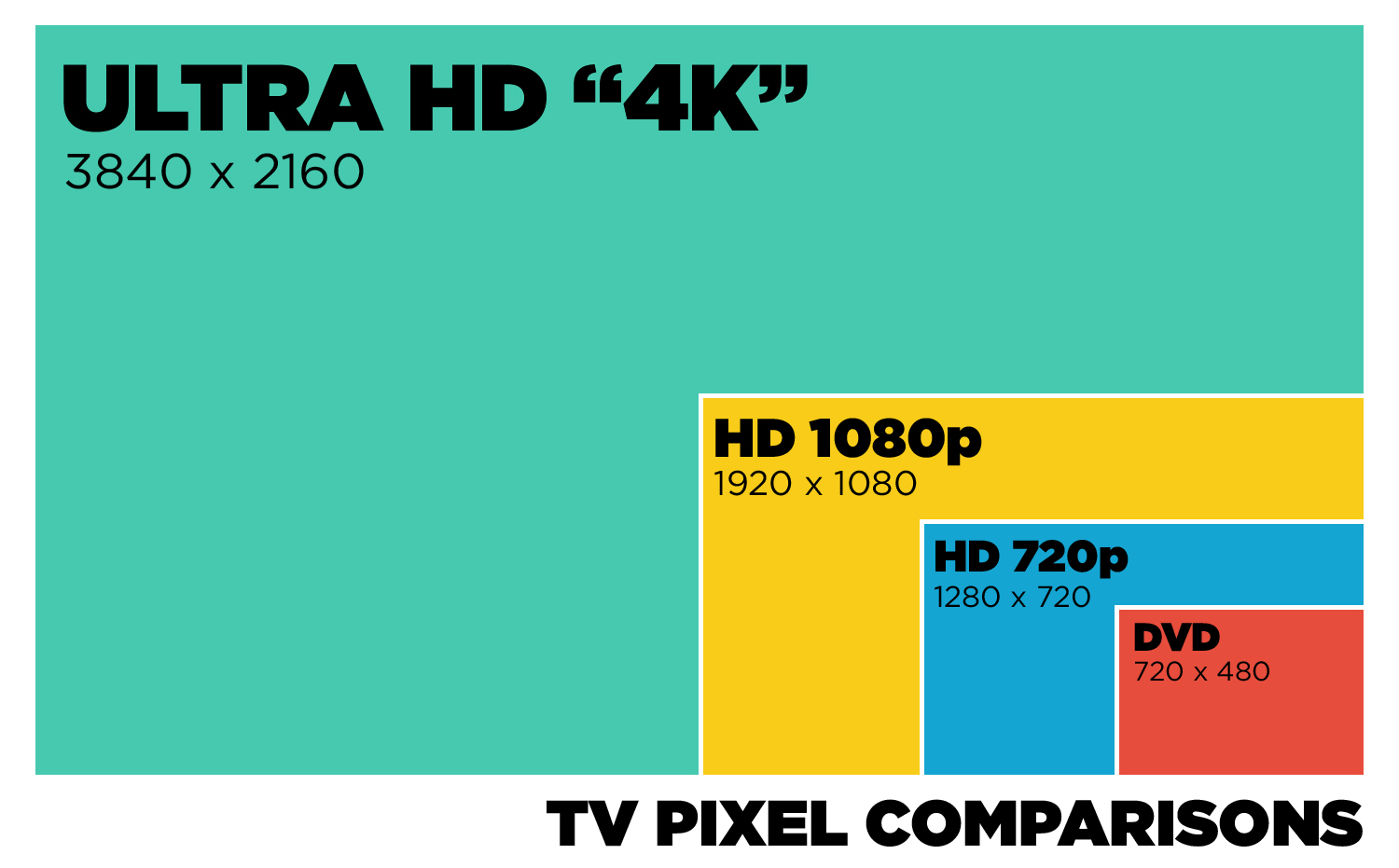
3. The Significance of Smart TVs
Transforming the Television Experience
Smart TVs have revolutionized the way we consume entertainment. By incorporating internet connectivity and various applications, smart TVs have expanded the possibilities of what we can watch and how we can access it. Gone are the days of waiting for specific showtimes or relying solely on traditional cable or satellite providers.
With a smart TV, we have the freedom to choose our preferred content from an extensive library of streaming platforms. Binge-watching our favorite shows or exploring new movies has become a seamless and personalized experience, where we can effortlessly switch between different applications and genres.
Enhanced Connectivity and Convenience
One of the key advantages of smart TVs is their ability to connect with other devices, facilitating a streamlined multimedia experience. Whether it’s wirelessly mirroring your smartphone’s screen, integrating with your home theater system, or connecting external devices like gaming consoles and Blu-ray players, smart TVs offer enhanced connectivity options.
Additionally, smart TVs provide users with the convenience of accessing the internet, browsing websites, and utilizing a vast range of applications directly from their television screens. From social media platforms to video calling applications, the possibilities are endless, bringing the internet experience to a larger and more immersive display.
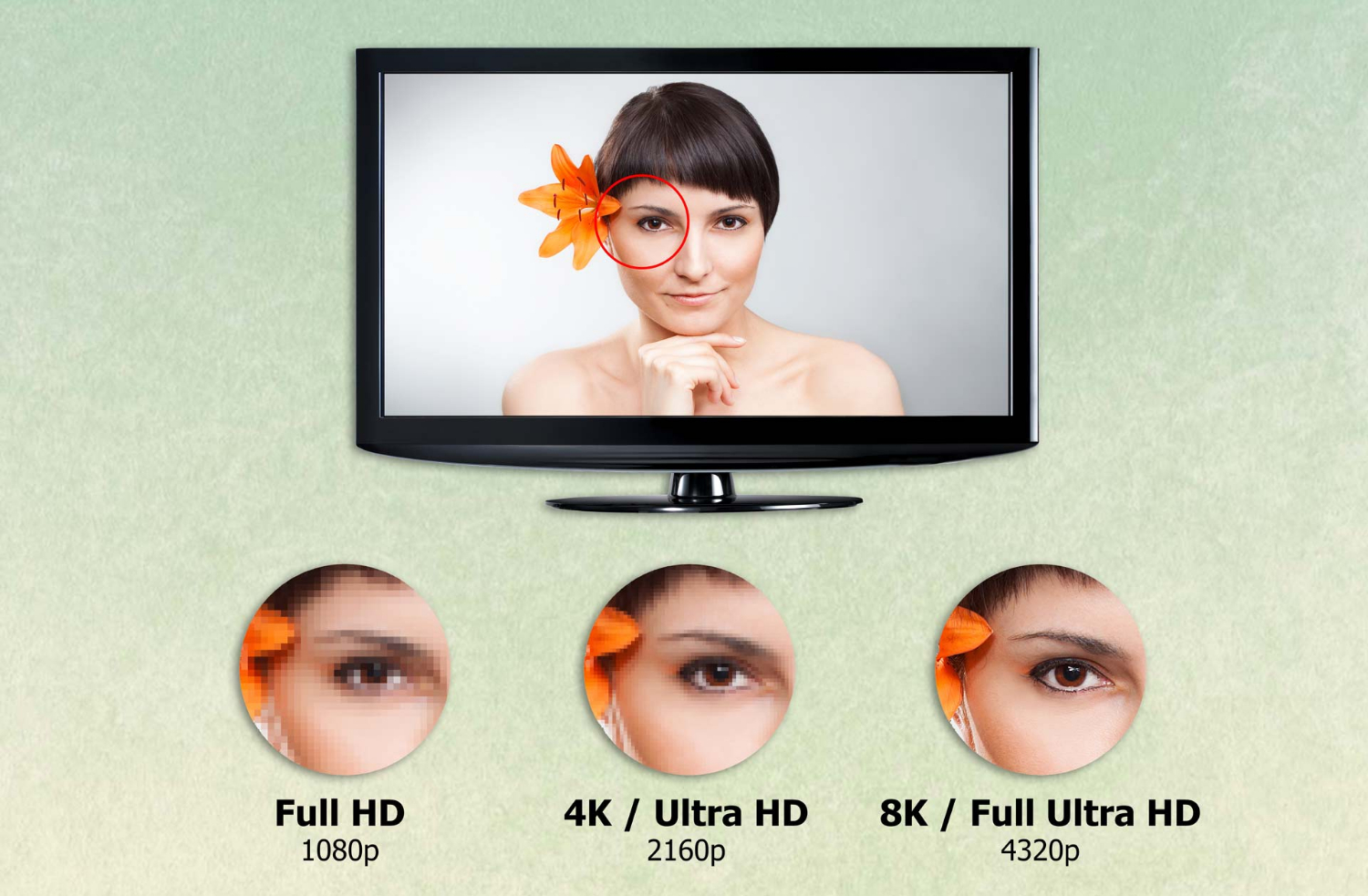
Furthermore, smart TVs often come with intelligent voice control features, allowing us to control our TV’s functions and search for content using simple vocal commands. This eliminates the need for complicated navigation through menus and remote controls, making our TV-watching experience effortless and user-friendly.
In the next sections of this article, we will dive deeper into the technical specifications, factors to consider, and tips for choosing the best smart TV for your needs.
4. Practical Applications
Smart TVs have become incredibly versatile devices that can offer a multitude of practical applications. Gone are the days when televisions were just for watching cable or satellite channels. With a smart TV, you can transform your living room into a hub of entertainment and information. Let’s explore some of the practical applications of a smart TV:
4.1 Streaming Services
Are you tired of flipping through channels and not finding anything appealing? With a smart TV, you can access popular streaming services like Netflix, Hulu, and eBay Prime Video to enjoy a vast library of movies and TV shows at your fingertips. Say goodbye to cable subscriptions and hello to personalized streaming services that cater to your interests.

4.2 Internet Browsing
Why limit your web browsing to small screens like smartphones and tablets? Smart TVs allow you to browse the internet directly from the comfort of your couch, providing a larger screen experience. Whether you want to check social media, read articles, or browse online shopping platforms, a smart TV can provide a seamless web browsing experience.
4.3 Gaming
Are you an avid gamer? Smart TVs offer gaming capabilities that can take your gaming experience to new heights. Some models even come equipped with dedicated game modes, reducing input lag and enhancing visual performance. With their larger screens and impressive graphics, smart TVs provide an immersive gaming experience right in your living room.
5. Benefits
Considering investing in a smart TV? Here are some compelling benefits that might convince you to make the switch:
5.1 Convenience
Smart TVs eliminate the need for separate devices, such as streaming boxes or game consoles, by incorporating all these features into one sleek unit. This consolidation of devices not only saves space but also simplifies your entertainment setup. Instead of connecting multiple cables and switching between devices, everything is conveniently accessible through your smart TV.
5.2 Versatility
A smart TV is like having a Swiss army knife for entertainment. It provides you with a wide range of options, from streaming your favorite TV shows and movies to browsing the internet or playing games. With their versatility, smart TVs cater to a variety of interests and hobbies, ensuring that there is something for everyone in the family.

5.3 Integration with Smart Home Devices
Are you building a smart home ecosystem? Smart TVs can be seamlessly integrated with other smart devices, such as voice assistants, smart speakers, and home automation systems. You can control your TV and other connected devices effortlessly, creating a truly interconnected and convenient living space.
6. Challenges and Considerations
While smart TVs offer numerous benefits, it’s important to be aware of the potential challenges and considerations before making a purchase:
6.1 Cost
Smart TVs often come with a higher price tag compared to traditional televisions. While the extra features and functionality are undoubtedly valuable, it’s crucial to consider your budget and weigh the cost against the benefits you will receive. Take the time to research various models and compare prices to find the best option for your needs.
6.2 Security and Privacy
With internet connectivity, smart TVs have the potential to collect and transmit user data. It’s essential to ensure that your TV has robust security measures in place to protect your personal information. Additionally, familiarize yourself with the privacy settings and features of the smart TV to maintain control over your data.
6.3 Learning Curve
Transitioning from a traditional TV to a smart TV may require some adjustment and learning. Navigating the interface, accessing apps, and getting accustomed to the new features might take time initially. However, with a little patience and exploration, you’ll soon become proficient in operating your smart TV.
By understanding the practical applications, benefits, and challenges associated with smart TVs, you can make an informed decision when choosing the perfect model that caters to your entertainment needs and budget.
7. Alternatives to Smart TVs
7.1 Streaming Devices
While smart TVs offer all-in-one functionality, there are alternatives worth considering. One popular option is a streaming device like Roku or eBay Fire Stick. These small devices connect to your existing TV and provide access to streaming services like Netflix, Hulu, and eBay Prime Video. They offer a budget-friendly solution for transforming your regular TV into a smart one.
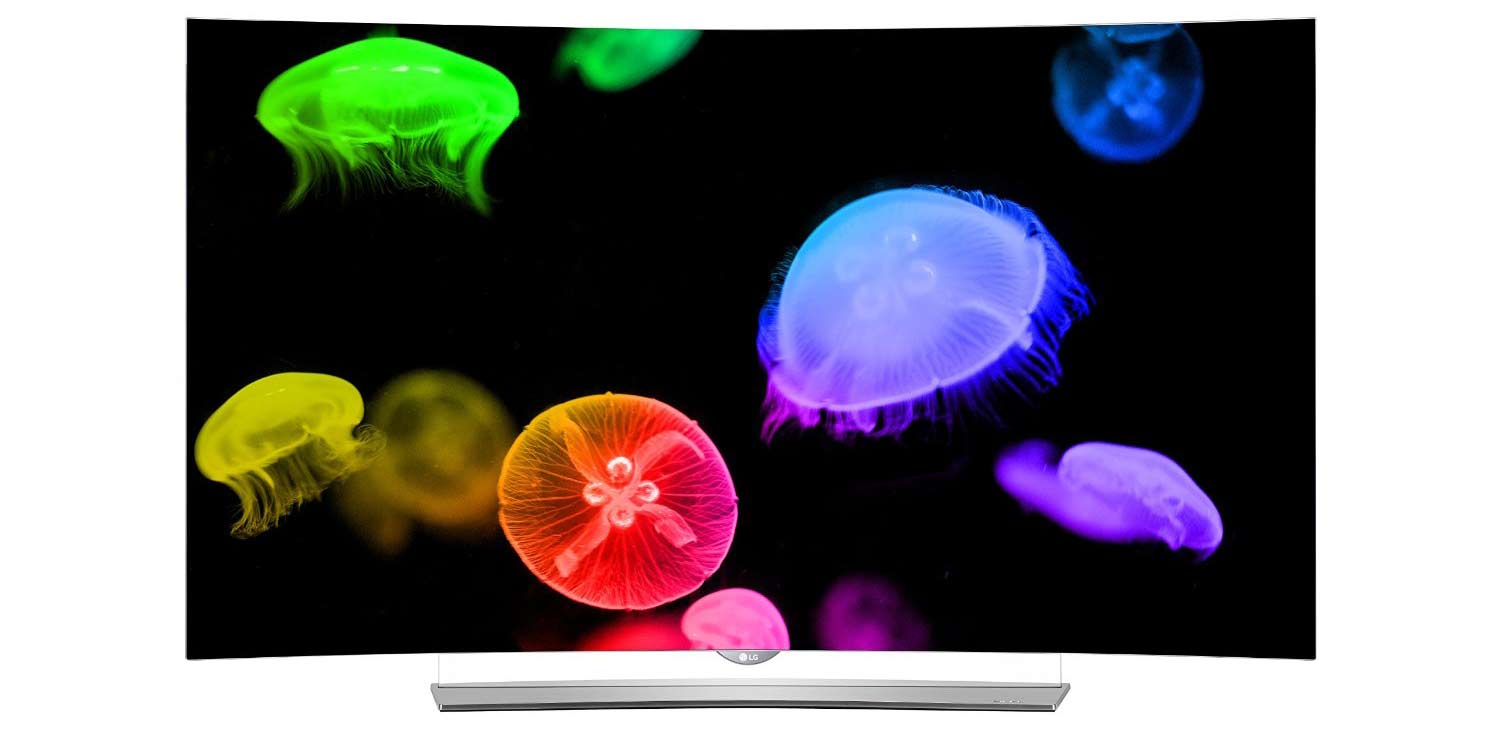
7.2 Gaming Consoles
If you’re a gaming enthusiast, don’t overlook gaming consoles as an alternative smart TV option. Many modern gaming consoles, such as PlayStation and Xbox, come with built-in streaming capabilities and support for popular streaming apps. You can enjoy gaming and stream your favorite shows and movies without the need for a separate smart TV.
7.3 Media Players
Media players like Apple TV and Google Chromecast are another alternative worth considering. These devices connect to your TV and allow you to stream content from your smartphone, tablet, or computer directly to the big screen. They offer a seamless streaming experience and provide access to a wide range of apps and services.
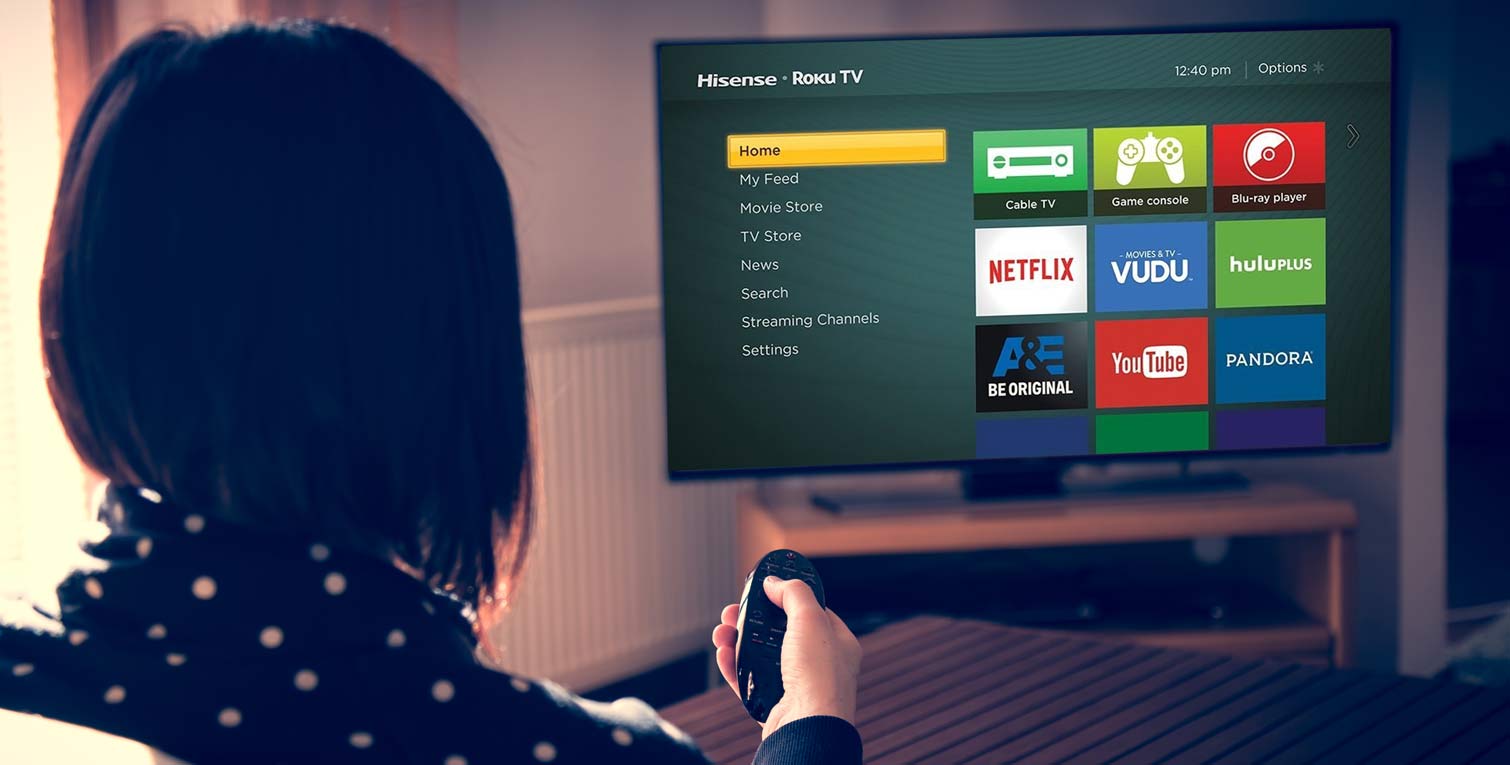
8. Potential Challenges to Consider
8.1 Internet Connectivity
One potential challenge with smart TVs is their reliance on a stable internet connection. Streaming high-definition content requires a fast and reliable internet connection. If your internet speed is slow or unstable, you may experience buffering issues and poor video quality. Ensure you have a robust internet connection in place before investing in a smart TV.
8.2 Privacy Concerns
Smart TVs often come with built-in cameras and microphones to enable features such as voice control and video chat. While these features can be convenient, they raise privacy concerns for some users. It’s important to review the privacy settings on your smart TV and understand how your data is collected and used. Additionally, consider covering the camera when not in use for added privacy.
8.3 Software Updates
Smart TVs rely on software to provide access to streaming apps and other features. However, over time, manufacturers may discontinue software support for older models, limiting app availability and security updates. It’s essential to research the reputation of the manufacturer and ensure they provide regular software updates for their smart TVs to avoid any potential compatibility issues in the future.
9. Final Thoughts on Choosing a Smart TV
When it comes to choosing a smart TV, it’s crucial to consider your specific needs and preferences. Evaluate factors like screen size, resolution, connectivity options, and user interface. Don’t forget to consider the alternatives like streaming devices, gaming consoles, and media players, as they may offer a more flexible and budget-friendly solution.
Remember that a smart TV can enhance your entertainment experience with its wide range of streaming apps and convenience features. However, it’s important to be mindful of potential challenges such as internet connectivity, privacy concerns, and software updates.
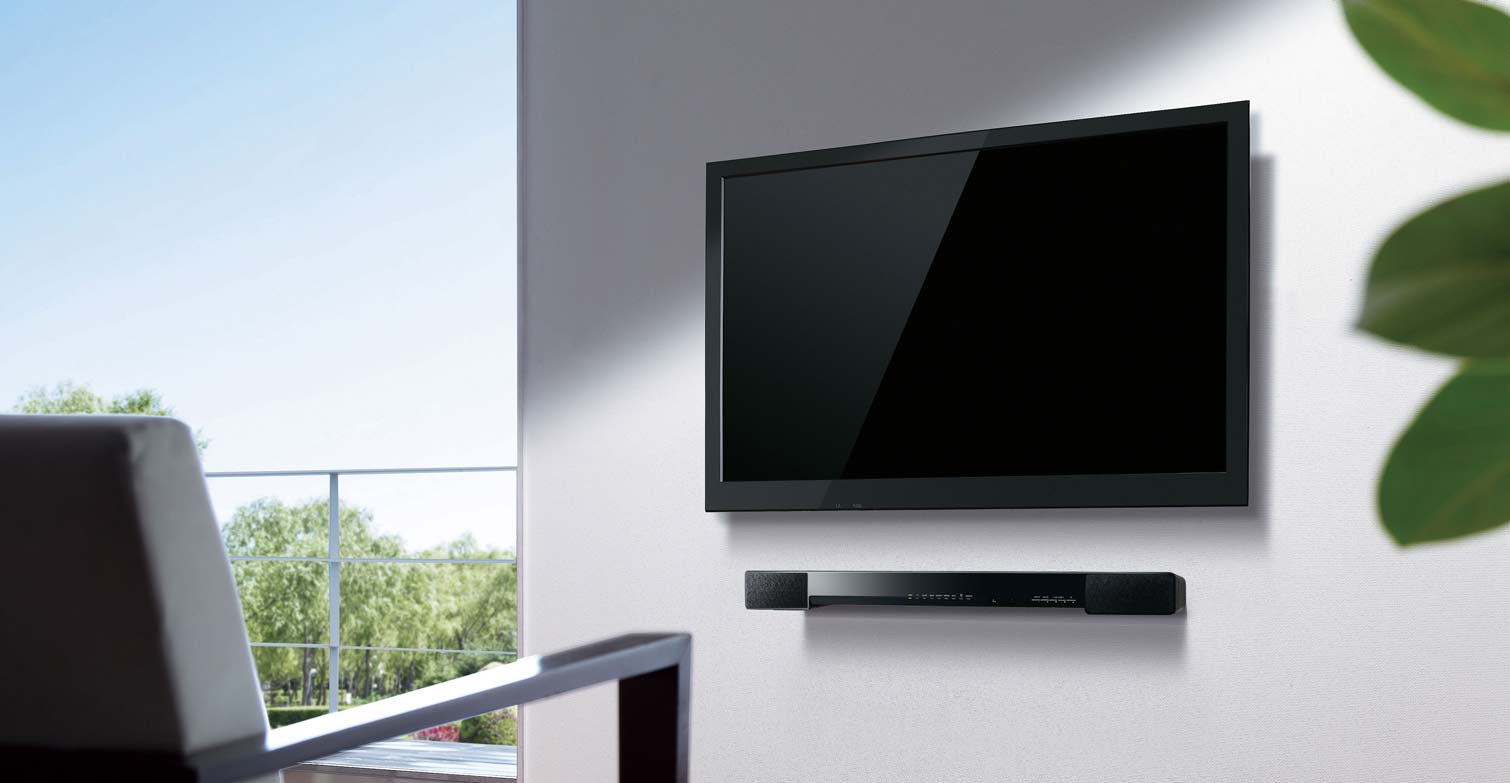
Ultimately, the perfect smart TV for you will be one that seamlessly integrates into your home entertainment setup, caters to your content needs, and brings joy to your viewing experience. So go ahead, make an informed decision, and enjoy the world of smart entertainment at your fingertips!
Frequently Asked Questions
1. What is a Smart TV and why should I consider buying one?
A Smart TV is a television that connects to the internet, allowing you to stream online content, browse the web, and access various apps. By choosing a Smart TV, you can enjoy the convenience of online entertainment, such as Netflix and YouTube, directly from your television, without the need for additional devices like streaming boxes or cables.
2. How do I determine the right screen size for my Smart TV?
To determine the ideal screen size for your Smart TV, consider both the size of your room and the viewing distance. As a general rule, the viewing distance should be about twice the diagonal length of the TV screen. For example, if you have a viewing distance of 8 feet (96 inches), a 48-inch TV screen would be recommended.
3. What should I look for in terms of picture quality when choosing a Smart TV?
When it comes to picture quality, prioritize a high resolution and good contrast ratio. Look for a Smart TV with at least 1080p (Full HD) resolution or higher, as it provides sharper and more detailed images. Additionally, a higher contrast ratio ensures deeper blacks and brighter whites, enhancing the overall image quality.
4. Are all Smart TVs compatible with my favorite streaming services?
Most popular streaming services like Netflix, Hulu, and eBay Prime Video are compatible with a wide range of Smart TVs. However, it’s essential to double-check the compatibility before making a purchase. Look for Smart TVs that mention support for the specific streaming services you prefer, to ensure seamless access to your favorite content.
5. Can I connect my Smart TV to other devices?
Absolutely! Smart TVs often offer multiple connectivity options. You can connect your Smart TV to various devices, such as gaming consoles, soundbars, Blu-ray players, or even your smartphone, through HDMI, USB, or wireless connections like Bluetooth. This allows you to expand your entertainment possibilities and enjoy a more immersive viewing experience.

